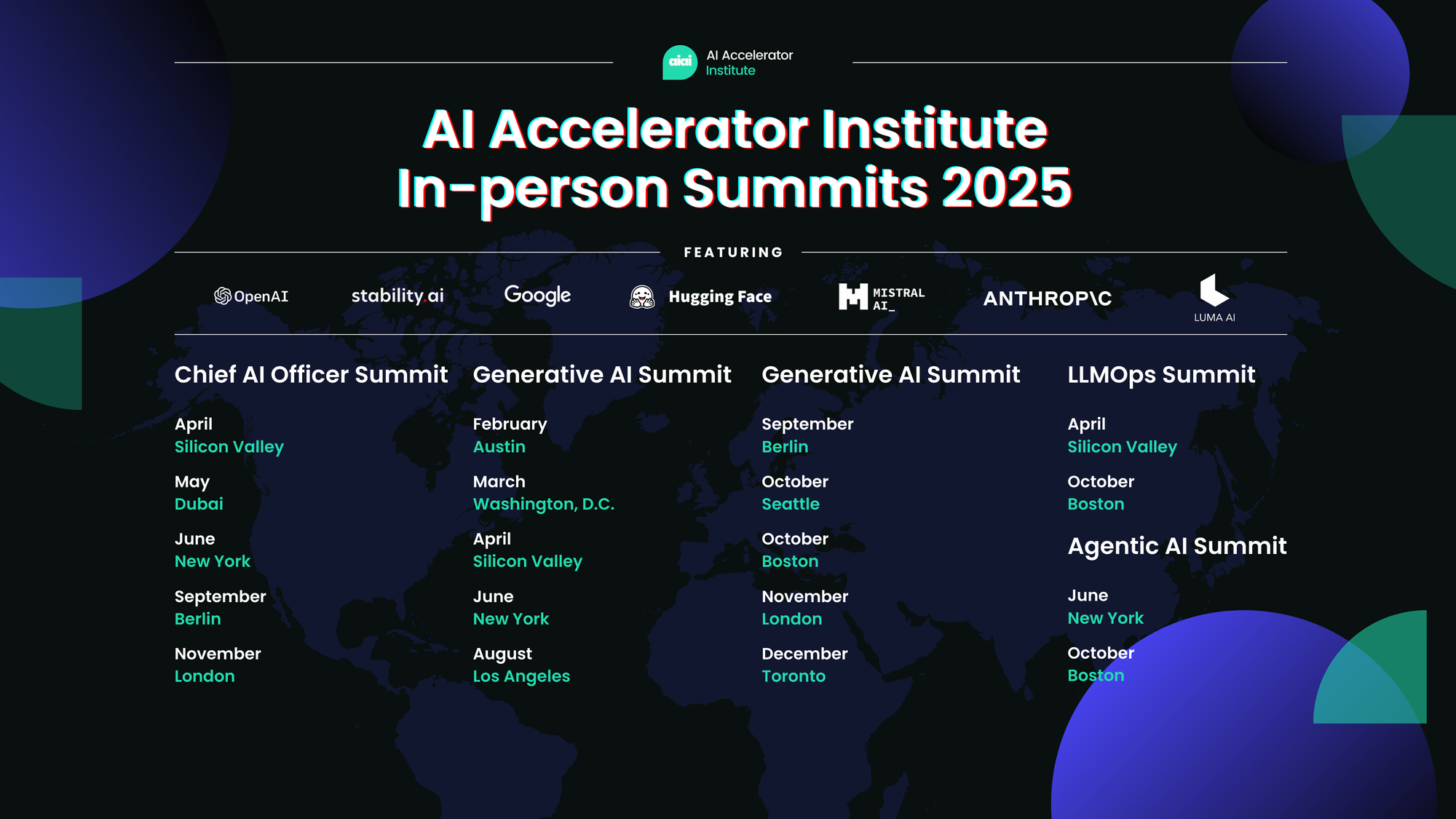Imagine having a personal assistant who can not only schedule your appointments and send emails but also proactively anticipate your needs, learn your preferences, and complete complex tasks on your behalf.
That’s the promise of AI agents — intelligent software entities designed to operate autonomously and achieve specific goals.
What are AI agents?
In simple terms, an AI agent is a computer program that can perceive its environment, make decisions, and take actions to achieve a defined objective. They’re like digital employees, capable of handling tasks ranging from simple reminders to complex problem-solving.
Prompt engineering: How to talk to AIs like ChatGPT?
This article serves as a primer on prompt engineering, delving into the array of techniques used to control LLMs.

Key characteristics of AI agents
- Perception: Agents can sense their environment through sensors (like cameras, microphones, or data feeds). Think of it like our senses: sight, hearing, touch, etc., that give us information about the world around us.
- Decision-making: Based on their perception, agents use AI algorithms to make informed decisions. This is like our brain processing information and deciding what to do next.
- Action: Agents can perform actions in their environment, such as sending emails, making purchases, or controlling devices. This is like our bodies carrying out the actions our brain decides upon.
- Autonomy: Agents can operate independently without constant human intervention. They can learn from their experiences and adapt to changing circumstances. This is similar to how we learn and become more independent over time.
Types of AI agents
- Simple reflex agents: These agents react directly to their current perception. Like a thermostat, they turn on the heat when it’s cold and turn it off when it’s warm.
- Model-based reflex agents: These agents maintain an internal model of the world, allowing them to make decisions based on past experiences. Imagine a self-driving car using a map to navigate.
- Goal-based agents: These agents have specific goals they are trying to achieve. They make decisions based on how close they are to reaching their objective. Think of a robot trying to solve a maze.
- Utility-based agents: These agents try to maximize their “utility” or happiness. They consider multiple factors and choose the action that will lead to the best overall outcome. Imagine an AI agent managing your finances, trying to maximize your returns while minimizing risk.
Analogies for understanding AI agents
- A self-driving car: It perceives its surroundings (other cars, pedestrians, traffic lights), makes decisions (accelerate, brake, turn), and takes actions (controls the steering wheel, brakes, and accelerator).
- A smart thermostat: It senses the temperature, makes decisions (turns on/off the heating/cooling), and takes action (controls the HVAC system).
- A personal assistant: They perceive your schedule, make decisions (schedule meetings, send reminders), and take actionturns (send emails, make phone calls).
Future uses of AI agents
The future of AI agents is brimming with possibilities:
- Personalized education: AI tutors that adapt to each student’s learning style and pace.
- Healthcare management: AI agents that monitor patients’ health, schedule appointments, and provide personalized health advice.
- Smart homes and cities: AI agents that optimize energy consumption, manage traffic flow, and enhance public safety.
- Complex problem solving: AI agents that can collaborate with humans to tackle complex scientific, economic, and social challenges.
Challenges and Considerations:
While the potential of AI agents is immense, there are challenges to address:
- Ethical considerations: Ensuring agents make fair and unbiased decisions.
- Safety and reliability: Making sure agents operate safely and reliably in complex environments.
- Transparency and explainability: Understanding how agents make decisions.
Conclusion
AI agents represent a significant step towards a more automated and intelligent future. By understanding their capabilities and addressing the associated challenges, we can unlock their full potential and create a world where AI agents work alongside us to make our lives easier, more productive, and more fulfilling.
Check out the event calendar for 2025 and see where we’ll be throughout the year.
Get your ticket today and network with like-minded individuals.

Like what you see? Then check out tonnes more.
From exclusive content by industry experts and an ever-increasing bank of real world use cases, to 80+
deep-dive summit presentations, our membership plans are packed with awesome AI resources.


